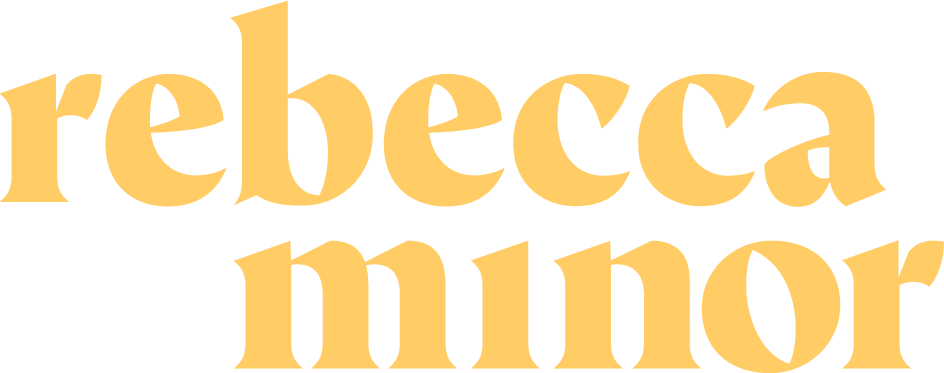Gender-Neutral Names: Why More Parents Are Choosing Them + 30 Inspiring Ideas
In a world that’s increasingly embracing gender diversity, more families are rethinking how they name their children. One trend gaining steady momentum? Gender-neutral names—names that aren’t tied to one specific sex assigned at birth and offer room to grow, evolve, and express identity freely.
Whether you’re naming a baby, considering a name change, or simply curious about what’s behind the shift, this guide will help you understand the cultural forces at play—and maybe even inspire you with a few name ideas of your own.
What Are Gender-Neutral Names?
Gender-neutral (or unisex) names are names that don’t strongly signal a specific gender. They can be used by anyone—regardless of their gender identity—and offer more flexibility in how a person is known and perceived.
These names are becoming increasingly popular, in part because they reflect the growing recognition that identity is complex and personal—and shouldn’t be limited by traditional gender norms.
Why Are They Becoming More Common?
The rise of gender-neutral names mirrors deeper cultural and societal changes:
Visibility of non-binary and gender-expansive identities has grown, leading many parents to opt for names that don’t reinforce the gender binary.
Feminist values have also contributed, with some parents choosing gender-neutral names for daughters to help reduce gender bias in school and workplace settings.
Influence of pop culture—from celebrities to fictional characters—has normalized gender-neutral naming as part of a broader cultural shift toward individuality and inclusivity.
What Are the Benefits of a Gender-Neutral Name?
There are several reasons parents and individuals are drawn to gender-neutral nam
Freedom of expression: These names offer room for a child to define their own gender identity over time.
Bias reduction: Research shows that names perceived as gendered can shape assumptions in education, employment, and everyday interactions. A neutral name may help challenge those biases.
Modern individuality: Many families are moving away from rigid traditions and toward names that feel unique, creative, and personal.
Ultimately, gender-neutral names invite people to engage with the individual—not the assumption.
What Makes a Name Gender-Neutral?
A gender-neutral name doesn’t strongly suggest one gender over another. These names often:
Originate from nature (like River or Sage)
Come from surnames turned first names (like Taylor or Morgan)
Are shortened versions of traditionally gendered names (like Alex)
Come from languages or cultures where naming conventions are inherently less gendered
Some names are newly created; others have been used across genders for generations.
A Brief History of Gender-Neutral Names
While some gender-neutral names feel modern, many have deep roots:
Jessie, Jackie, and Marion were commonly used across genders in the early 1900s.
Alexis, Kelly, and Ellis have long straddled gender lines.
Surnames like Taylor, Morgan, and Kennedy have become widely used first names for all genders.
This isn’t a new idea—it’s a legacy that’s being reclaimed and expanded.
Popular Gender-Neutral Names (with Meanings + Notable Examples)
Looking for ideas? Here are some popular and versatile names that work across genders, along with their origins and examples of real-life figures or characters who use them:
Rowan (Irish, Scottish): “Little red-haired one” or “rowan tree” – Rowan Blanchard, actor and activist
Avery (Old English): “Ruler of the elves” – Avery Bradley, NBA player
Quinn (Irish): “Wise” or “counsel” – Dr. Quinn, Medicine Woman (TV)
Skylar (Dutch): “Scholar” – Skylar Grey, singer-songwriter
Riley (Irish): “Valiant” – Riley Keough, actor
Taylor (English): “Tailor” (occupational name) – Taylor Swift, singer-songwriter
Jordan (Hebrew): “Flowing down” (refers to the River Jordan) – Michael Jordan, basketball legend
Casey (Irish Gaelic): “Vigilant” – Casey Affleck, actor
Alex (Greek): “Defender” – Alex Morgan, U.S. soccer player
Finley (Scottish, Irish): “Fair-haired hero” – Finley Jacobsen, actor
Morgan (Welsh): “Sea-born” – Morgan Freeman, actor
Loren (Latin): “Crowned with laurel” – Loren Bouchard, creator of Bob’s Burgers
Sage (Latin): “Wise” or the aromatic herb – Sage Northcutt, MMA fighter
Ellis (Welsh): “Kind” or “benevolent” – Ellis Marsalis, jazz pianist
Arden (English): “Valley of the eagle” – Arden Cho, actor and musician
Unique and Less-Common Gender-Neutral Names
Want something a bit more distinctive? Here are some unique options that feel fresh and expressive:
Indigo
Zephyr
Hollis
Ellery
Briar
Emory
Salem
Darcy
Marlow
Remy
Sasha
Auden
Greer
Lior
Shiloh
Perrin
Oakley
Winslow
Jules
These names are bold, creative, and less likely to be tied to traditional expectations—giving kids space to grow into their own sense of self.
The Power of a Name
Choosing a name is deeply personal. For many families, it’s an opportunity to reflect values of openness, creativity, and authenticity. A gender-neutral name can be a subtle but powerful way to affirm a child’s right to be known on their own terms.
In a world that often rushes to categorize, gender-neutral names offer space—space for discovery, for individuality, and for connection.
Need more guidance on navigating names, gender, and identity?
→ Start with my free mini course: How to Support Your Trans Kid Without Having All the Answers
→ For a deeper dive, check out my on-demand course How to Talk to Kids About Gender
→ Want personalized support? Learn more about parent coaching.
